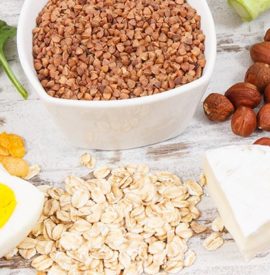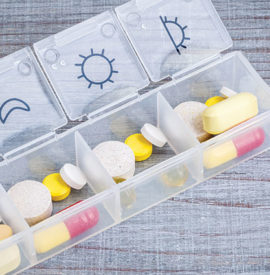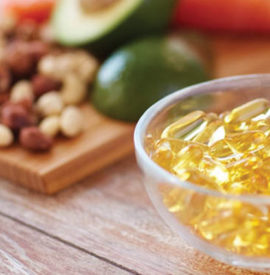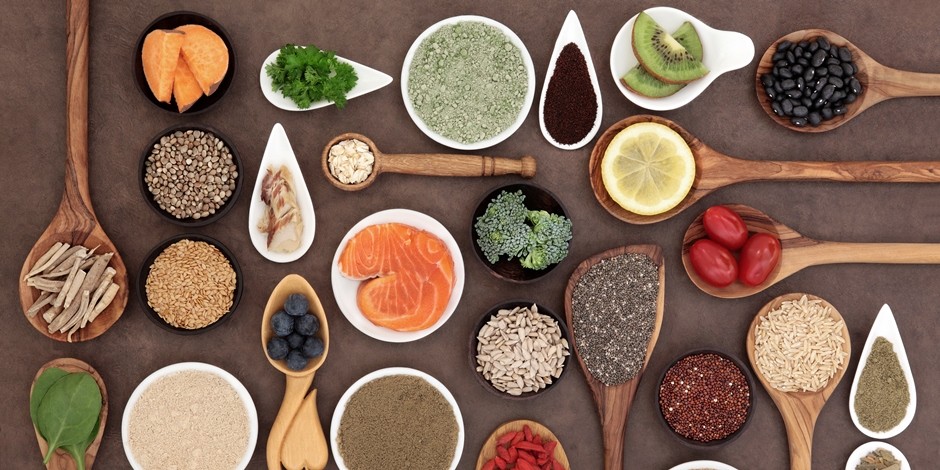Kids need many nutrients to support healthy growth and development.
While experts agree that kids should be getting the majority of these nutrients from a balanced diet, that isn’t always possible … particularly with picky eaters.
Fill in the gaps in your child’s diet with these expert-recommended vitamins and supplements.
See also How to Get Kids to Eat More Veggies.
A multivitamin
If you’re worried that your kids aren’t getting all of the essential vitamins and minerals they need from their food, a good multivitamin can fill in those dietary gaps.
Kids on special diets (vegetarians or those with food sensitivities) most likely need a daily multi to make sure they are getting the recommended dietary allowance (RDA) of key nutrients.
A good multi should include vitamin A for healthy vision, B-complex vitamins for a healthy nervous system, vitamin C for healthy teeth and gums and vitamin D for strong bones and healthy joints. Also look for a formula that includes essential minerals such as calcium, zinc and iron.
We recommend: Nature’s Plus Love Bites® Children’s Chewable Multi-Vitamin and Mineral Tablets
Vitamin D
Many kids and adults alike are deficient in this bone-boosting nutrient because they spend so much time indoors and use sunscreen to protect their skin from damaging UV rays.
In addition to bone and joint health, vitamin D is essential for a strong immune system.
The American Academy of Pediatrics (AAP) recommends a daily intake of 400 IU per day of vitamin D during the first year of life and 600 IU daily for kids 1 and older.
We recommend: Jarrow Formulas Yum-Yum D3 Liquid for Children and Adults
Omega-3s
Omega-3 fatty acids have gotten a lot of buzz in recent years, and they are as important for kids as they are for adults. Research has shown that in addition to brain and eye health, kids with psychological conditions such as ADHD may also benefit from these healthy fats.
While expert recommends that we get omega-3s in the form of eicosapentaenoic acid (EPA) and docosahexaenoic acid (DHA) from servings of fatty fish, fish isn’t exactly known as a kid-friendly food.
According to the Academy of Nutrition and Dietetics, the Adequate Intakes (AIs) of omega-3s are 0.5 grams/day up to age 1, 0.7 grams/day from ages 1 to 3 and 0.9 grams/day from ages 4 to 8. Older kids need slightly more.
Several omega-3 supplements also contain vitamin D, so you can take care of both supplement needs with one product.
We recommend: Nordic Naturals Baby’s DHA with Vitamin D3 and Nordic Naturals Children’s DHA Softgels











Comments